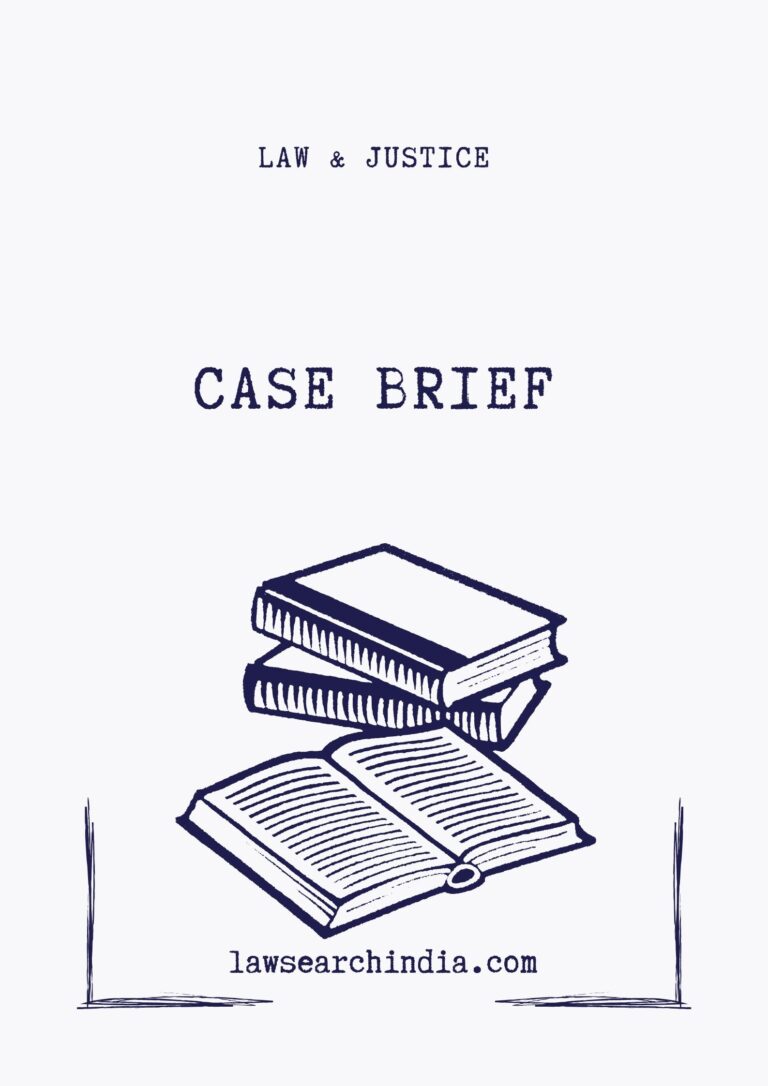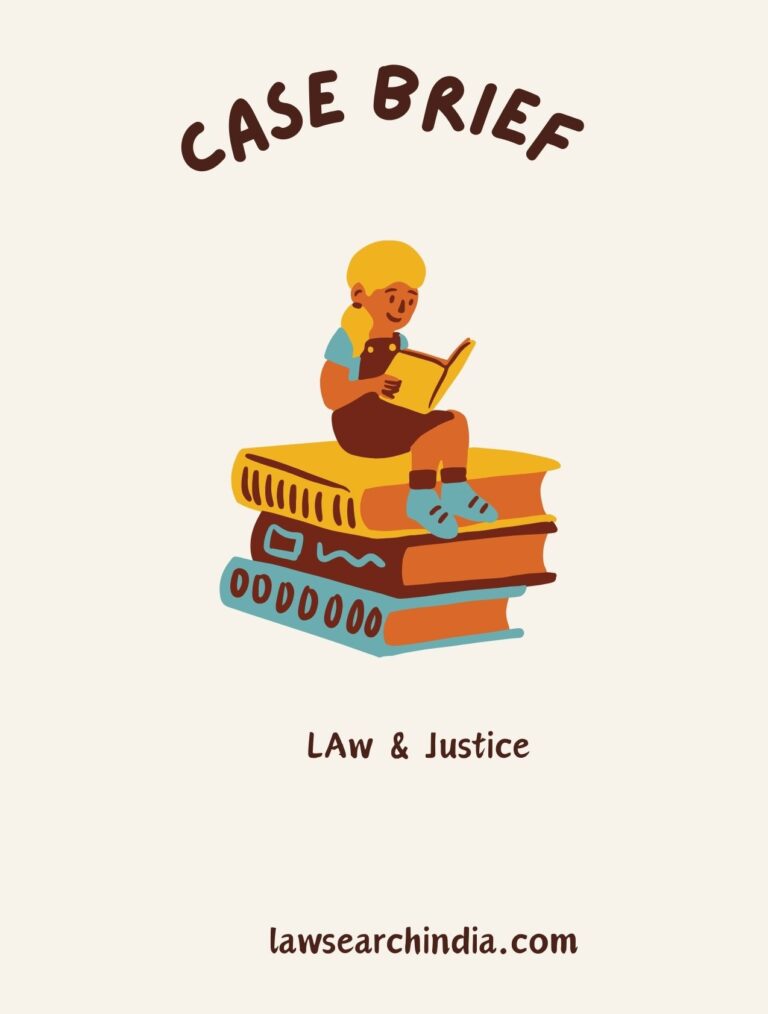SUPREME COURT GUIDELINES FOR DISPOSAL OF CHEQUE BOUNCE CASES:
1. All the High courts were ordered to issue directions magistrates to record the reason for conversion of trail from summary trial to summon trial;
2. Inquiry under section 202 shall be conducted in order to ascertain whether there is any case against the accused or not when such accused reside outside jurisdiction of such magistrate who is taking cognizance;
3. Evidence of witnesses on behalf of complainant should be taken on affidavit;
4. Court suggested to amend the Act for provision of one trial against a person for multiple offences filed under section 138 of NI Act committed within 12 months irrespective of section 219 of Crpc;
5. Trial court have no inherent power to review or recall the issue of summons, however in the light of section 322 of Crpc trial court have power to check the correctness of the order of issue of process in a case where it is brought to the notice of the court that there is lack of jurisdiction to try complaint;







